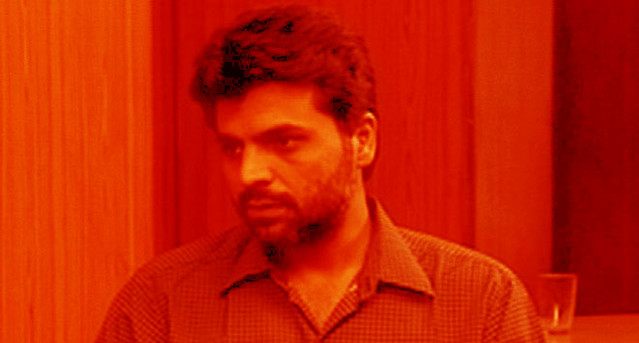While we must not forget all these instances of discrimination, we must also remember that during the same period, it was Hindu activists who stood by Muslims. It was Hindu police officers, Hindu lawyers and Hindu judges who helped Muslims get justice in many cases.
By Shaheen Naqshbandi
Yakub Memon is neither a hero nor a martyr, but he didn’t deserve death penalty.
Nuances are lost on the ignorant and bigots alike. At times when opportunistic hatemongers are leaving no stone unturned to further polarise people on sectarian lines, it is important albeit difficult to stop those ignorant from turning into bigots.

Despite serious questions about the validity of investigative, governmental and judicial process that led to execution of Yakub Memon, Indian Muslims have no choice but to repose their faith in judiciary. This does sound as a defeatist argument when one sees instances of duplicity in treatment of cases even in the judiciary, but it is not Justitia, the Lady Justice, that deserves the ire of our grudges. The iconography of Justitia shows her blindfolded, reflecting her dispassionate approach in granting justice. She relies on investigation and evidence to ‘see’ the truth. It is the shoddy investigation and concocted evidence that is the reason for disproportionate incarceration of Muslims.
Investigative agencies who were to be the eyes of Justitia were the ones who connived with the rioters in targeting Muslims during riots of 1992-93. Not all people of investigative agencies were involved in anti-Muslim atrocities but perceptions unlike court cases do not form on case-to-case basis.
There are numerous instances where Yakub does not come out a “mastermind”. Some investigation officers, who were part of probe, were accused by many for torturing innocent Muslims. Another cop who was head of the investigation was himself accused in cases of atrocities against Muslims during riots. Muslims accused for bomb blasts were tried under TADA act. This act was later scrapped and found by courts to be a discriminatory law but the cases against Yakub and others continued under the same act.
Despite preponderance of such facts which stare one in the face, Muslims are still willing to trust the ‘wisdom’ of the judiciary since courts, particularly higher courts, are believed to be impartial in delivering justice. The thing which raises doubt about this ‘wisdom of judiciary’ in masses is dual standards in dealing with cases involving people who were responsible for what Justice Srikrishna called the “Original Sin”. This is not the right approach when viewed with astute objectivity, but perceptions are formed emotively not objectively. This creates an unfortunate scenario where Muslims begin to see all this as “Us Versus Them” with System as part of “Them”. There is virtually nothing that successive governments have done to assuage these valid concerns. As a matter of fact actions (or absence of them) of various governments aggrandised these concerns further.
Another reason some Muslims have taken a sympathetic stand on Yakub has its teleological roots in the events that followed bomb blasts. During that period the commission formed by the government revealed names of various people who were involved in riots. The government didn’t feel it necessary to prosecute the people named. During the same period, innocent Muslims were accused for many cases of terrorism which were later found to be the handiwork of Hindu hardliners. During the same period, Hindu hardliners who were ultimately booked for terrorism were dealt with softly, not only by BJP but also by “Muslim-appeaser” Congress. During the same period, innocent Muslims were murdered in cold blood in so called encounters by police. In short, all this created (and continues to create) a deep mistrust in Muslims about the systems of the country.
While we must not forget all these instances of discrimination, we must also remember that during the same period, it was Hindu activists who stood by Muslims. It was Hindu police officers, Hindu lawyers and Hindu judges who helped Muslims get justice in many cases. Many of them are even doing this at the risk of their lives and ‘reputations’.
It is, therefore, up to Indian Muslims, whether they consider anti-Muslim side to be representative of the Indian nation or those Hindus who treat Muslims as equal citizens and as brothers and sisters in humanity. The hatemongers may appear greater in numbers or greater in power, but the real power always lies in justice and liberty.
Therefore, the task of stopping ignorance from turning into bigotry is in the interest of Muslims. This task is not easy, never was, but not doing it means bowing down to forces that want to divide the society. The biggest losers of that divide would be (and are) Indian Muslims.
(Shaheen Naqshbandi is a Mumbai-based lawyer.)

